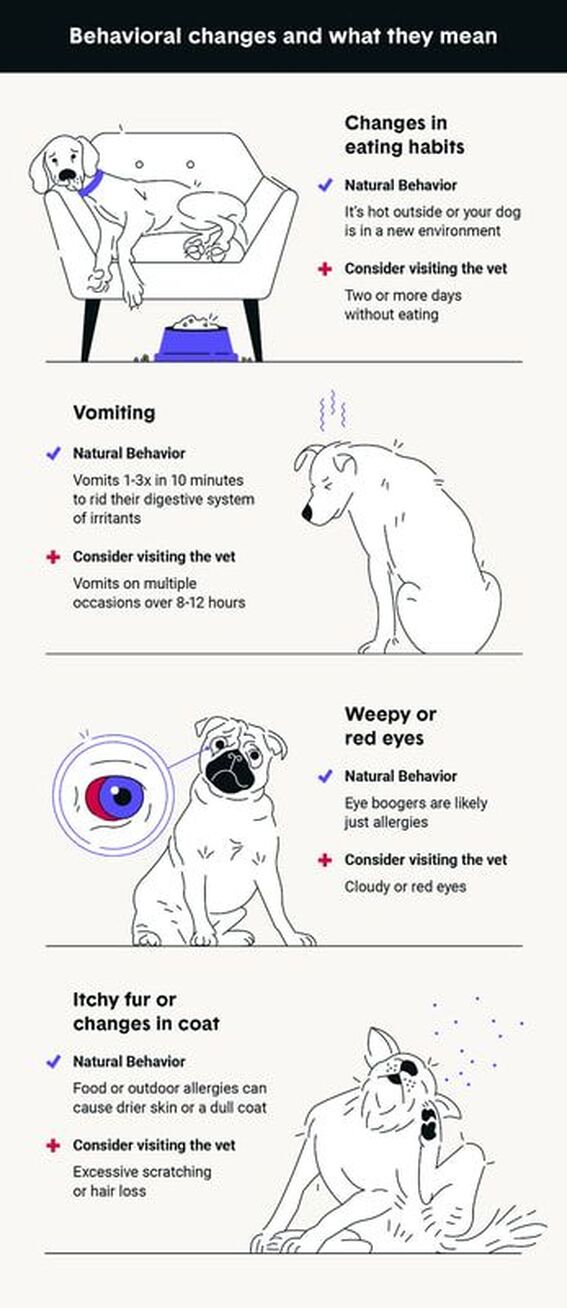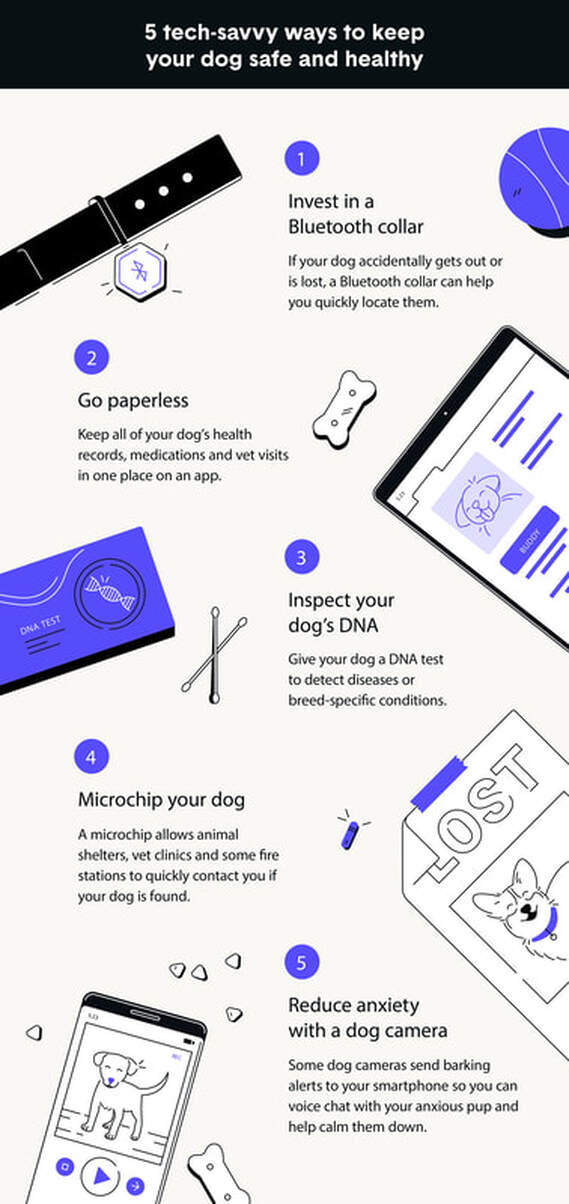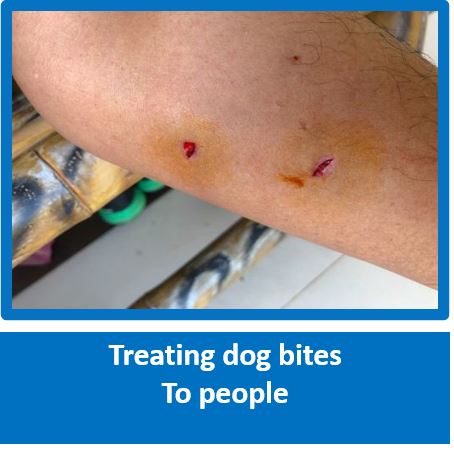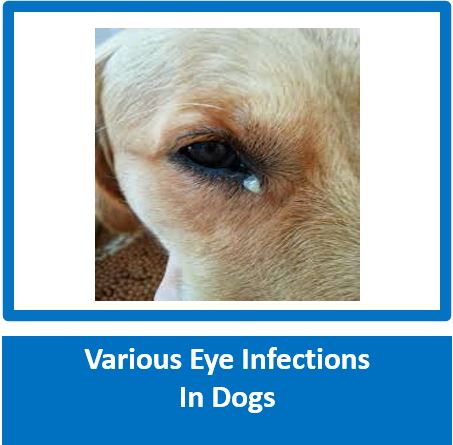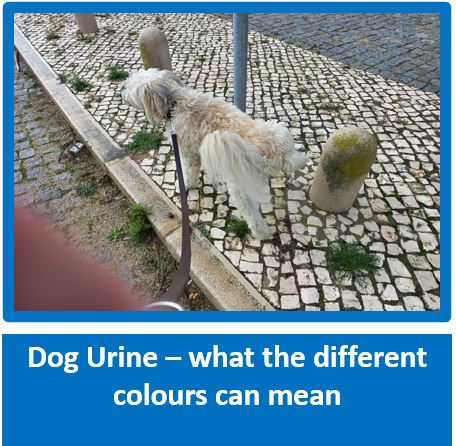
Vet expenses can be very high, especially if any type of operation or specialist care is involved. Ensure that your pet is covered in the event of any unexpected, and unforeseen accidents, any operations, or perhaps diseases or conditions that may develop, and of course to look after your Golden Oldie, when those days arrive. We have 5 simple plans for comprehensive pet insurance coverage. Visit our website at www.genricpet.co.za
BEHAVIOURAL CHANGES AND WHAT THEY MEAN RELATING TO HEALTH
- PLUS -
TECHNOLOGY TO KEEP YOUR DOG SAFE
by Scotty Valadao - Friends of the Dog
- PLUS -
TECHNOLOGY TO KEEP YOUR DOG SAFE
by Scotty Valadao - Friends of the Dog
Signs your dog needs a vet visit
Any time a dog has a sudden change in behaviour, we need to take notice - it could well be linked to your dog's health, and a health issue could be brewing, or already in place. We give you the more common one's below, and if the behaviour does not change back to normal after a day, or the dog is uncomfortable or in pain, then do give your vet a call, or even make an appointment as a safeguard. The time periods are only guidelines - Our own vet has a saying that we live by -"If in doubt, check it out"!
If you would like to find out more on any of the conditions below, before you visit the vet, then do Google any of the veterinary websites that are available.
A quick word - these changes relate to adult dogs and not puppies. If a puppy has any behavioural changes such as mentioned below, do phone your vet for an opinion. Pup health can deteriorate very quickly, and vet assistance is needed.
Any time a dog has a sudden change in behaviour, we need to take notice - it could well be linked to your dog's health, and a health issue could be brewing, or already in place. We give you the more common one's below, and if the behaviour does not change back to normal after a day, or the dog is uncomfortable or in pain, then do give your vet a call, or even make an appointment as a safeguard. The time periods are only guidelines - Our own vet has a saying that we live by -"If in doubt, check it out"!
If you would like to find out more on any of the conditions below, before you visit the vet, then do Google any of the veterinary websites that are available.
A quick word - these changes relate to adult dogs and not puppies. If a puppy has any behavioural changes such as mentioned below, do phone your vet for an opinion. Pup health can deteriorate very quickly, and vet assistance is needed.
1. Changes in eating habits
You do get the fussy eater, but on average, if fed twice a day in the correct manner, the majority of dogs will wolf down their food when it is put down.
If your dog normally has a robust appetite and suddenly goes off its food, it could signal that something is not 100%, so keep an eye open. Dog's in general tend to go off their food unless it is particularly hot outside, or it could be that you are in a new environment, and the dog is a little stressed. Another reason could be that you have given too many treats at training or puppy school, or that the visitors that have just left, have been giving far too many treats.
If the dog has just been put on new medication, that could also be affecting appetite, so do check with the vet is a likelihood.
Just put the food down as per normal, wait, watching for about 10 minutes, and if still no appetite, don't force - rather just pick up the bowl and put the food in a sealed, clean container in a cool place, and offer again at the next meal.
Another time when dogs may not want to eat is if you have changed over to a new food. this should never be done in one go. Rather, take out about 1 T (large breed) or 1 t (small breed), of the old food and substitute with either 1 T or 1t of the new food. Watch the dog for 24 hours to determine no tummy upsets. If all is well, then continue as above, until the dog is eating only the new food.
If the dog is showing no interest in eating the food with the new food added, rather give your vet a ring.
Another time appetite may change is if the dog has contracted worms - there may be an increase in appetite. Sometimes other symptoms are present with worms, but not always initially. Check when your dog was last dewormed.
Where eating more is concerned, some medications will increase appetite, however, vets do tend to warn us about this when supplying the medication, but do check with vet if concerned.
If your dog goes 2 days without eating, rather go to the vet.
You do get the fussy eater, but on average, if fed twice a day in the correct manner, the majority of dogs will wolf down their food when it is put down.
If your dog normally has a robust appetite and suddenly goes off its food, it could signal that something is not 100%, so keep an eye open. Dog's in general tend to go off their food unless it is particularly hot outside, or it could be that you are in a new environment, and the dog is a little stressed. Another reason could be that you have given too many treats at training or puppy school, or that the visitors that have just left, have been giving far too many treats.
If the dog has just been put on new medication, that could also be affecting appetite, so do check with the vet is a likelihood.
Just put the food down as per normal, wait, watching for about 10 minutes, and if still no appetite, don't force - rather just pick up the bowl and put the food in a sealed, clean container in a cool place, and offer again at the next meal.
Another time when dogs may not want to eat is if you have changed over to a new food. this should never be done in one go. Rather, take out about 1 T (large breed) or 1 t (small breed), of the old food and substitute with either 1 T or 1t of the new food. Watch the dog for 24 hours to determine no tummy upsets. If all is well, then continue as above, until the dog is eating only the new food.
If the dog is showing no interest in eating the food with the new food added, rather give your vet a ring.
Another time appetite may change is if the dog has contracted worms - there may be an increase in appetite. Sometimes other symptoms are present with worms, but not always initially. Check when your dog was last dewormed.
Where eating more is concerned, some medications will increase appetite, however, vets do tend to warn us about this when supplying the medication, but do check with vet if concerned.
If your dog goes 2 days without eating, rather go to the vet.
2. Vomiting
Just like us, if your dog has eaten something that does not agree with them, they may well vomit to rid the digestive system of whatever is causing the issue. When your dog has eaten something that does not agree with it, you may well find that it is trying to chomp grass like a cow. Many dogs will chomp at grass when their tums are ill at ease - just ensure that the grass has not recently treated with fertiliser or similar, or you could have more problems.
When a dog does vomit like this, it normally vomits 1 to 3 times within about a 15 minute period, and then the vomiting will stop. Just ensure that your dog has not eaten any foods or items which could be toxic.
If the vomiting continues - please go to the vet.
A soft stool with no visible blood or mucous might indicate either a dietary change or indiscriminate eating. However, it can also signal the presence of an intestinal parasite such as giardia.
3. Changes in stool
Ideally, you should know what your dog's stool looks like in the normal manner - should be firm, moist and soft. If your dog is eating raw, the stool will tend to be smaller, harder and often lighter in colour. A dog that is eating kibble will tend to have a larger mass of stool, and often pretty soft.
The most common, immediate change in dogs stools is diarrhoea, where the stool has become very soft and runny. This normally indicates that your dog has eaten something it should not have, or a change in the diet. Another thing that a runny stool can indicate is worms, especially, as mentioned above, there is vomiting present. If the diarrhoea does not pass in 24 hours, or becomes more frequent, then call your vet for advice.
On inspecting the stool (and yes, there are many of us, that could be professors of stool analysis!), you find mucus or blood present, it could indicate an underlying health issue, and you should make an appointment for the vet as soon as possible. It is a good idea to pick up the stool, putting a plastic bag over your hand, clasping the stool, and then turning the bag inside out, so the stool goes inside, and take it with you to the vet, as an analysis of the stool may be needed.
Going to the other end of the spectrum, if you find your dog is suddenly constipated, it could be that your dog has ingested an item that is not digesting, such as bones, pieces of a toy, rawhide chew, part of a rope toy or similar. If the dog seems to be tender in the belly area, is roaching its back, or does not want you to touch it, rather go to the vet sooner, and if still constipated after a full 48 hours, and no symptoms such as above, still check with the vet.
5. Fur changes or itchiness
When it comes to sudden itchiness, the most common causes are seasonal allergies, parasites such as fleas, or flea dirt or an infection on, or under the skin, which could be indicative of a bacterial or fungal infection.
If you do find any sign of mites, fleas or flea dirt, then treat appropriately and bringing in the use of an anti-itch shampoo can help significantly. If there is no sigh of parasites, and you can see any sores, infections etc on the actual skin, or just under it, then make an appointment with the vet.
When you do go to the vet, ensure you know the name of the current food you are using and when you started it, and try to remember if the itchiness ties in to when you started the new food.
6. Weepy or red eyes
The most common type of eye problems that suddenly develop is normally allergy/seasonally related. These eyes tend to be itchy (and sometimes painful), and there is often a degree of discharge. You may even find the dog is trying to paw at its eyes in frustration. With some dogs, you may see that there is an element of pinkness which is often linked to an allergy.
Although allergies do tend to be the most common eye problems, there could be an infection, eye injury, or underlying health condition that is at play. With all eye concerns, it is best to go to the vet for a diagnosis, and also to give your dog some relief.
7. Lethargic behavior
If your normally active dog suddenly becomes lethargic, with no seeming cause, such as hotter than usual weather, or more activity than normal, or if your dog has gone onto any medication, even flea or worm products, and if the lethargy lasts for more than a day, then do go to the vet.
Just like us humans, when we are feeling under the weather, we are normally lethargic, and the same applies to dogs. It could be a number of things, especially if a puppy, as mentioned above.
8. Wincing, crying or whining
If your dog is whining or wincing when touched, your dog is in pain. We have to remember that dogs, unlike humans this time, tend not to show pain, so if pain is being exhibited, the dog is really sore. It could just be that the dog has hurt itself when out playing and the next day the behaviour is back to normal - if not, go to the vet.
4. Poor balance
A dog suddenly being out of balance, appearing to be wobbling, or even losing balance completely, can be very dangerous and even life threatening - phone the vet and make an appointment as soon as possible.
Tips to reduce vet costs
Vet visits can be costly and add up very quickly, especially when long term care, operations, scans, specialist treatment etc are required. Do investigate Pet Medical Insurance and if your dog has been involved in a car accident or at your home, you may find that your own car or home insurance may cover same - a good idea to check as a safeguard.
Just like us, if your dog has eaten something that does not agree with them, they may well vomit to rid the digestive system of whatever is causing the issue. When your dog has eaten something that does not agree with it, you may well find that it is trying to chomp grass like a cow. Many dogs will chomp at grass when their tums are ill at ease - just ensure that the grass has not recently treated with fertiliser or similar, or you could have more problems.
When a dog does vomit like this, it normally vomits 1 to 3 times within about a 15 minute period, and then the vomiting will stop. Just ensure that your dog has not eaten any foods or items which could be toxic.
If the vomiting continues - please go to the vet.
A soft stool with no visible blood or mucous might indicate either a dietary change or indiscriminate eating. However, it can also signal the presence of an intestinal parasite such as giardia.
3. Changes in stool
Ideally, you should know what your dog's stool looks like in the normal manner - should be firm, moist and soft. If your dog is eating raw, the stool will tend to be smaller, harder and often lighter in colour. A dog that is eating kibble will tend to have a larger mass of stool, and often pretty soft.
The most common, immediate change in dogs stools is diarrhoea, where the stool has become very soft and runny. This normally indicates that your dog has eaten something it should not have, or a change in the diet. Another thing that a runny stool can indicate is worms, especially, as mentioned above, there is vomiting present. If the diarrhoea does not pass in 24 hours, or becomes more frequent, then call your vet for advice.
On inspecting the stool (and yes, there are many of us, that could be professors of stool analysis!), you find mucus or blood present, it could indicate an underlying health issue, and you should make an appointment for the vet as soon as possible. It is a good idea to pick up the stool, putting a plastic bag over your hand, clasping the stool, and then turning the bag inside out, so the stool goes inside, and take it with you to the vet, as an analysis of the stool may be needed.
Going to the other end of the spectrum, if you find your dog is suddenly constipated, it could be that your dog has ingested an item that is not digesting, such as bones, pieces of a toy, rawhide chew, part of a rope toy or similar. If the dog seems to be tender in the belly area, is roaching its back, or does not want you to touch it, rather go to the vet sooner, and if still constipated after a full 48 hours, and no symptoms such as above, still check with the vet.
5. Fur changes or itchiness
When it comes to sudden itchiness, the most common causes are seasonal allergies, parasites such as fleas, or flea dirt or an infection on, or under the skin, which could be indicative of a bacterial or fungal infection.
If you do find any sign of mites, fleas or flea dirt, then treat appropriately and bringing in the use of an anti-itch shampoo can help significantly. If there is no sigh of parasites, and you can see any sores, infections etc on the actual skin, or just under it, then make an appointment with the vet.
When you do go to the vet, ensure you know the name of the current food you are using and when you started it, and try to remember if the itchiness ties in to when you started the new food.
6. Weepy or red eyes
The most common type of eye problems that suddenly develop is normally allergy/seasonally related. These eyes tend to be itchy (and sometimes painful), and there is often a degree of discharge. You may even find the dog is trying to paw at its eyes in frustration. With some dogs, you may see that there is an element of pinkness which is often linked to an allergy.
Although allergies do tend to be the most common eye problems, there could be an infection, eye injury, or underlying health condition that is at play. With all eye concerns, it is best to go to the vet for a diagnosis, and also to give your dog some relief.
7. Lethargic behavior
If your normally active dog suddenly becomes lethargic, with no seeming cause, such as hotter than usual weather, or more activity than normal, or if your dog has gone onto any medication, even flea or worm products, and if the lethargy lasts for more than a day, then do go to the vet.
Just like us humans, when we are feeling under the weather, we are normally lethargic, and the same applies to dogs. It could be a number of things, especially if a puppy, as mentioned above.
8. Wincing, crying or whining
If your dog is whining or wincing when touched, your dog is in pain. We have to remember that dogs, unlike humans this time, tend not to show pain, so if pain is being exhibited, the dog is really sore. It could just be that the dog has hurt itself when out playing and the next day the behaviour is back to normal - if not, go to the vet.
4. Poor balance
A dog suddenly being out of balance, appearing to be wobbling, or even losing balance completely, can be very dangerous and even life threatening - phone the vet and make an appointment as soon as possible.
Tips to reduce vet costs
Vet visits can be costly and add up very quickly, especially when long term care, operations, scans, specialist treatment etc are required. Do investigate Pet Medical Insurance and if your dog has been involved in a car accident or at your home, you may find that your own car or home insurance may cover same - a good idea to check as a safeguard.
These great informative visuals were kindly given to us to use by www.thezebra.com, from their own, original article . They also have a great article on Average cost of a vet visit for dogs: Must-know facts and figures, which really gives a lot of detail - however, pricing in USD, so for our US readers, enjoy!

